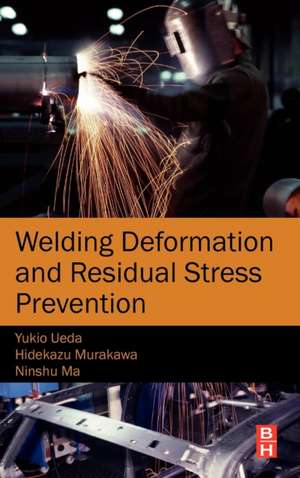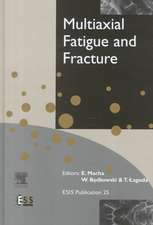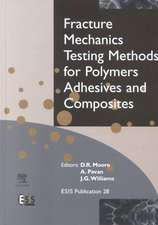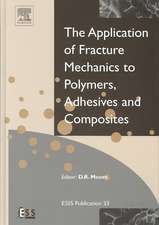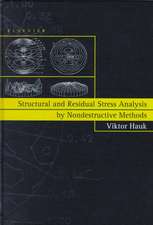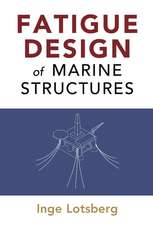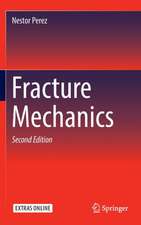Welding Deformation and Residual Stress Prevention
Autor Ninshu Ma, Hidekazu Murakawa, Yukio Uedaen Limba Engleză Hardback – 25 apr 2012
- The basic theories including "theory of elastic-plastic analysis" and "inherent strain theory" , and analysis procedures are described using a simple three-bar model
- Online simulation software to perform basic analysis on welding mechanics
- Examples of strategic methods and procedures are illustrated to have solved various welding-related problems encountered in the process of construction
- Appendices present data bases for welding residual stresses, temperature dependent material properties, etc.
Preț: 644.55 lei
Preț vechi: 743.72 lei
-13% Nou
Puncte Express: 967
Preț estimativ în valută:
123.37€ • 134.06$ • 103.70£
123.37€ • 134.06$ • 103.70£
Carte tipărită la comandă
Livrare economică 14-28 aprilie
Preluare comenzi: 021 569.72.76
Specificații
ISBN-13: 9780123948045
ISBN-10: 0123948045
Pagini: 312
Ilustrații: 1
Dimensiuni: 152 x 229 x 23 mm
Greutate: 0.62 kg
Editura: ELSEVIER SCIENCE
ISBN-10: 0123948045
Pagini: 312
Ilustrații: 1
Dimensiuni: 152 x 229 x 23 mm
Greutate: 0.62 kg
Editura: ELSEVIER SCIENCE
Public țintă
- Welding Engineers
- Civil Engineers: Construction Engineers, Structural Engineers, Pipeline Engineers, Pipeline Designers
- Mechanical Engineers: Machine Designers, Manufacturing Engineers, Product Designers
Cuprins
Preface 1. Introduction to welding mechanics 2. Measurement and prediction of residual stresses by inherent strain method3. Basic knowledge on simulation analysis for welding thermal process, stress and deformation4. Basic Concept of Finite Element Method5. Questions and Answers of attached FEM programs6. Experience simulation using attached FEM programs 7. Simulation Analysis of welding stresses and deformation for manufacturing problems Appendix A Tables and figures of welding residual stresses in various welded joints Appendix B Temperature dependent material properties and samples for FEM simulation Appendix C Three dimensional mathematical equations for thermal elastic plastic creep phenomena
